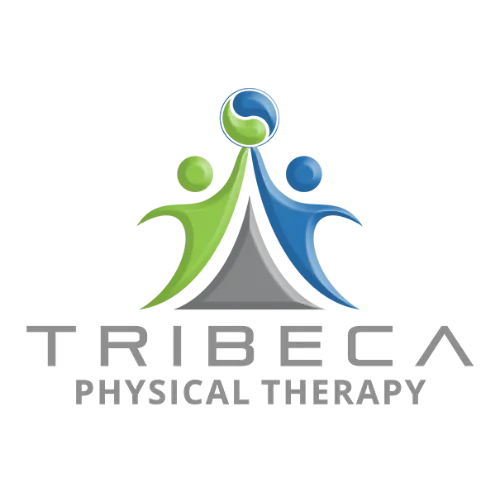Postpartum is the phase after the baby is delivered. During this time, the mother’s body experiences continuous changes that manifest in the coming days, months and even years after the delivery. Included in these changes are physical and hormonal changes that make them vulnerable to pain, discomfort, and displeasure. These are caused by carrying a growing baby in nine long months.
Some of the common difficulties that women face during postpartum recovery are back pain due to poor posture, urinary and fecal incontinence, constipation, neck and shoulder pain due to breastfeeding, lower belly pooch, and separated abdominal muscles. These symptoms are normally caused by diastasis recti and pelvic floor disorder which can be alleviated by attending physical therapy.
Remember that one of the common symptoms of postpartum is the separation of abdominal muscles, which also contributes to pelvic floor dysfunction. Through pelvic floor therapy, you can minimize the symptoms and can bring your muscles’ original condition back. Here are some of the best postpartum exercises you can do to restore your muscles and body to an excellent state.
Pelvic Muscle Contractions
This exercise is very explanatory. This exercise involves contraction and relaxing of the pelvic floor muscle. The patient needs to hold a contraction for about 1-3 seconds before relaxing. When doing the contractions it is important to observe proper breathing for best results.
Low-intensity exercises
In doing exercises, it is important to understand how your body is feeling. If you feel difficulty breathing when doing a particular exercise, you might be pushing yourself too much. Some of the low-intensity exercises that physical therapists usually recommend are:
- Heel slides
- Pelvic bridge
- Pelvic tilts
- Modified plank
By doing these exercises you can improve your pelvic floor muscles if done properly. It is important that you do these kinds of treatment exercises with the guidance of excellent physical therapists to prevent injuries and further discomfort.
Balance Exercises
Balance exercises are good for back pain and for improving your posture. A few balance exercises use a yoga ball to strengthen the core muscles. These kinds of exercises reduce the gap in the abdominal muscles and improve stability without causing unnecessary strain.
With the provision of your trusted physical therapist, these designed exercises can benefit postpartum recovery by relieving the pain you feel in the neck, back, abdomen, and pelvic sections. During the postpartum period, doing low-intensity exercises regularly and religiously can strengthen your core, as well as your pelvic floor, which is important in maintaining good posture and stability. And most importantly, it reduces women’s stress.
This life stage for mothers is very challenging, yet fulfilling. But with the discomfort, pain, and fatigue, they can only wish to rest comfortably and go back to their strong and lively physique. This is achievable through constant physical therapy sessions because they provide coping strategies for moms on how to optimize relaxation in the form of deep breathing and mindfulness-based exercises. Physical therapy can help bring back your original energy, strength, body, and beauty.
Join Tribeca Runners for a fun and healthy way to energize and connect with the community!



